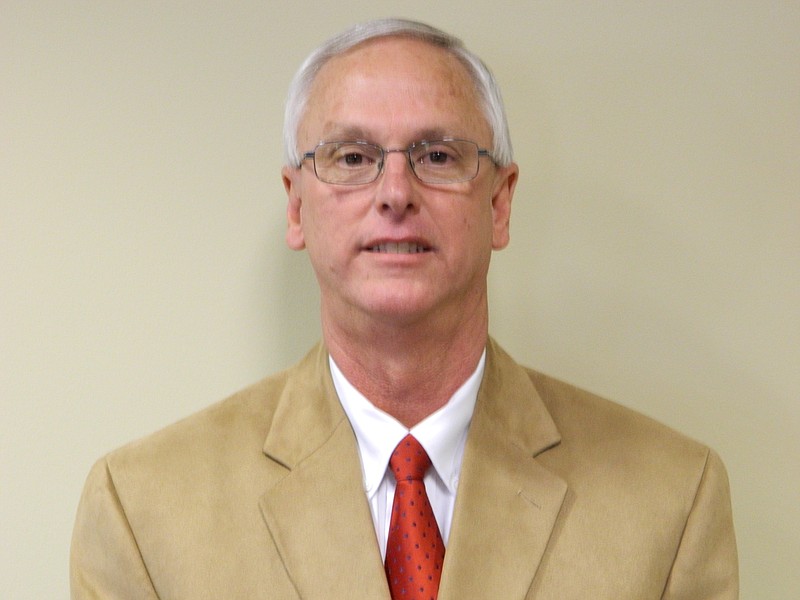CLEVELAND, Tenn. - Cleveland Utilities is scheduled to launch the second phase of a project to convert some 30,000 manual water meters to automated wireless models in January.
About 16,000 devices need to be installed to finish switching CU's customer base over to the new "smart meters." The conversion of about 14,000 meters in the project's first phase eliminated 68 manual reader routes.
In a recent meeting, CU board members voted 5-0 to approve a $298,239 installation bid submitted by Baird Contracting Co. of Birmingham, Ala. The nearest competing bids were $357,222 and $365,530, and the highest bid was $747,675.
Baird Contracting Co. also was the contractor on the first phase, said Ken Webb, president and CEO of Cleveland Utilities.
The board already has voted to buy the 16,000 meters for $2.2 million
"We have all the material on board for the contractor to start in January," said water division president Craig Mullinax. Work should be done by summer.
Funding for Phase II comes from a $2.5 million loan through the Clean Water State Revolving Fund of the Tennessee Department of Environment and Conservation, similar to the funding for the first phase.
The unexpected availability of the low-interest loan, which includes $175,000 in loan forgiveness, will allow Cleveland Utilities to complete the conversion in just two years instead of four, engineer Philip Luce told board members earlier this year.
Cleveland Utilities completed a similar conversion of its electric meters three years ago.
In related business, the utility board voted 5-0 to boost the monthly opt-out fee for the few customers who do not want their utility services monitored by automated meters. The new fee is $13.50, which is $3.50 higher than the fee initially adopted three years ago.
Opting out means meters must be read manually. The cost for that service was fairly steady from its inception in November 2012 until 18 months ago, said Marshall Stinnett, CU's chief financial officer.
However, a recent review of the costs of maintaining the opt-out program indicated an increase was needed, especially considering the number of opt-out customers shrank from 29 to 20, he said.
"The costs are driven by the number of customers who want to be in the program," Stinnett said.
"So it continues to change, but because of that we have to re-evaluate this and make sure that all of our other customers aren't subsidizing the cost to be a part of that program."
Paul Leach is based in Cleveland. Email him at paul.leach.press@gmail.com.

